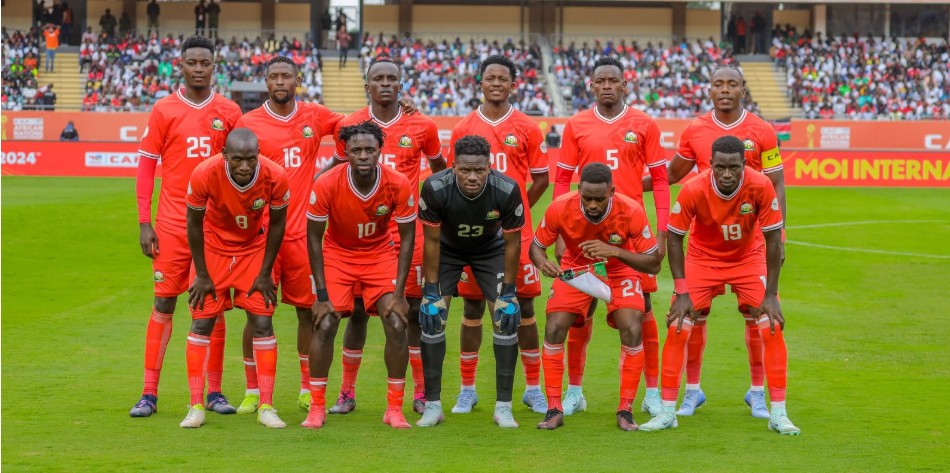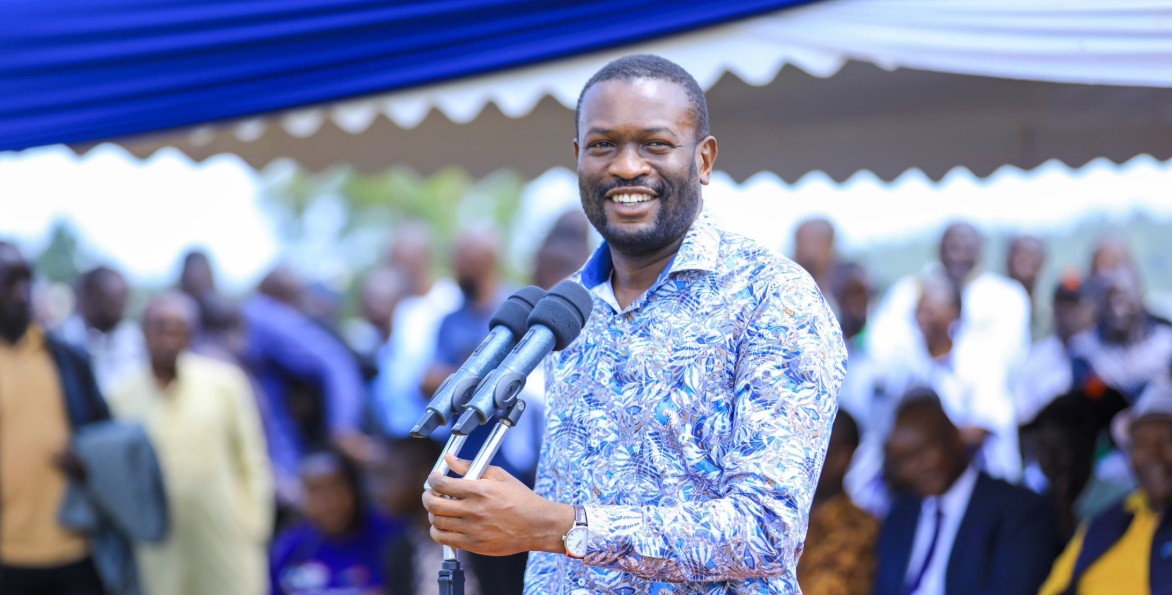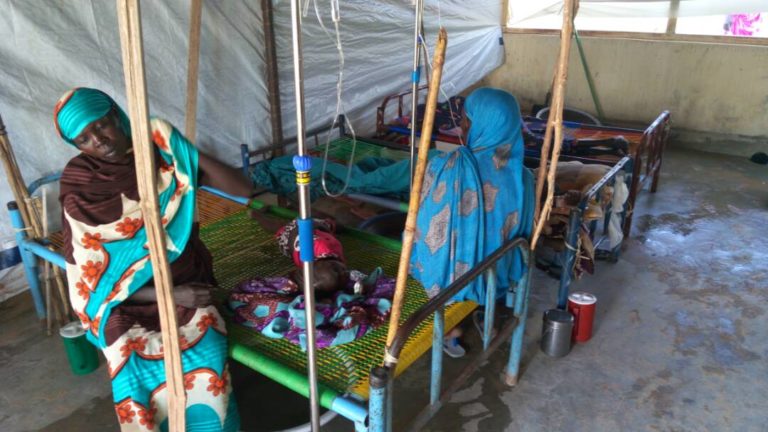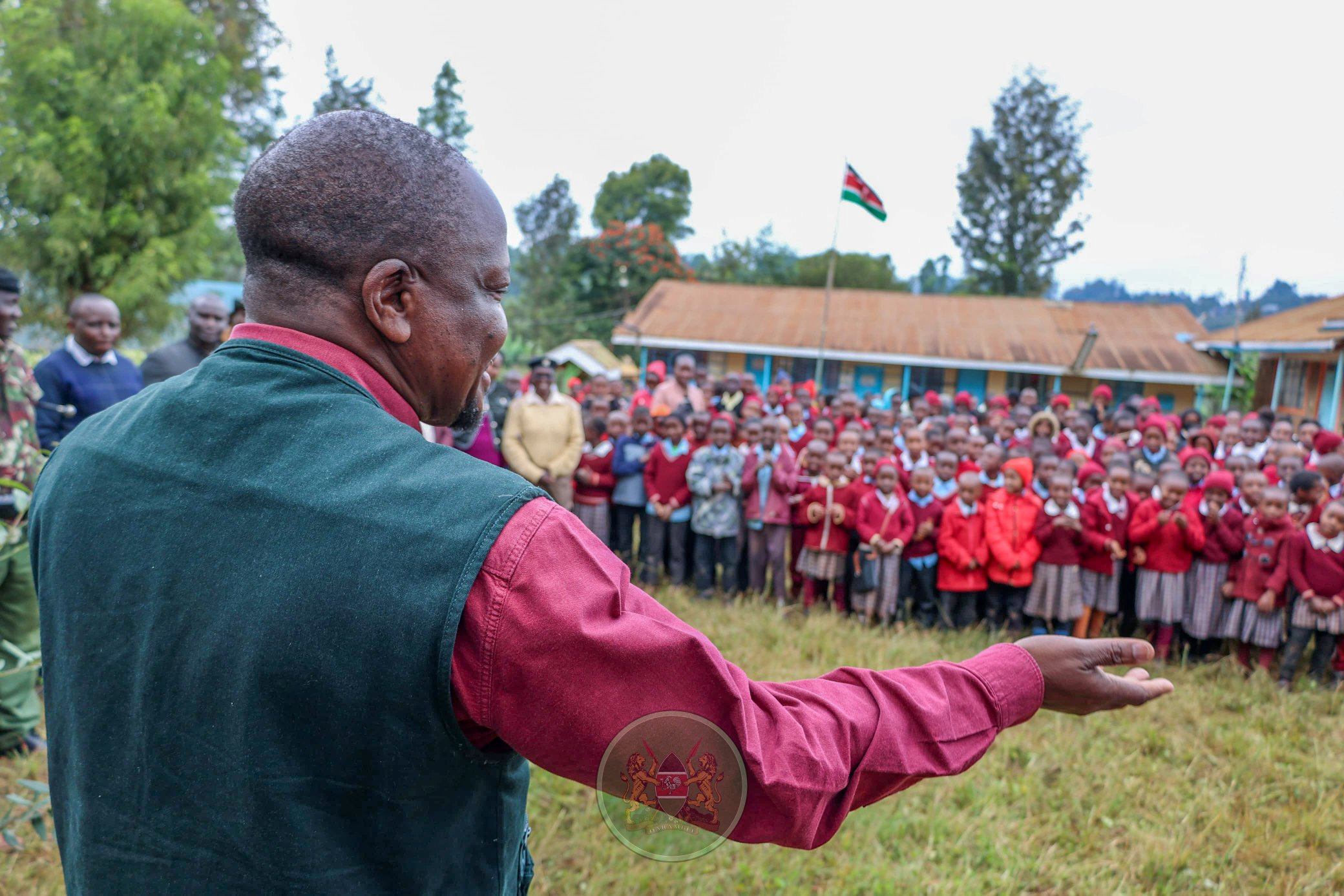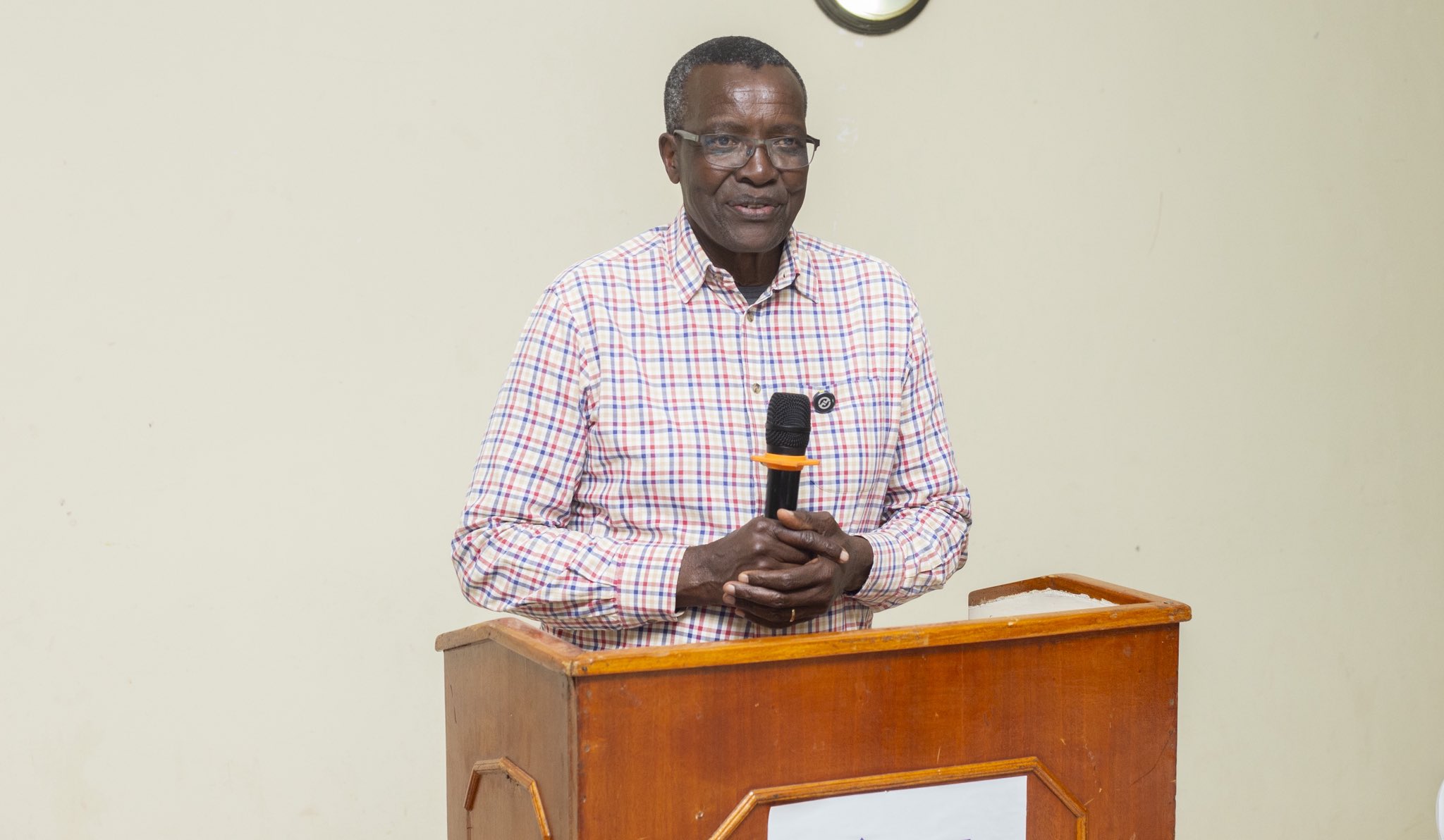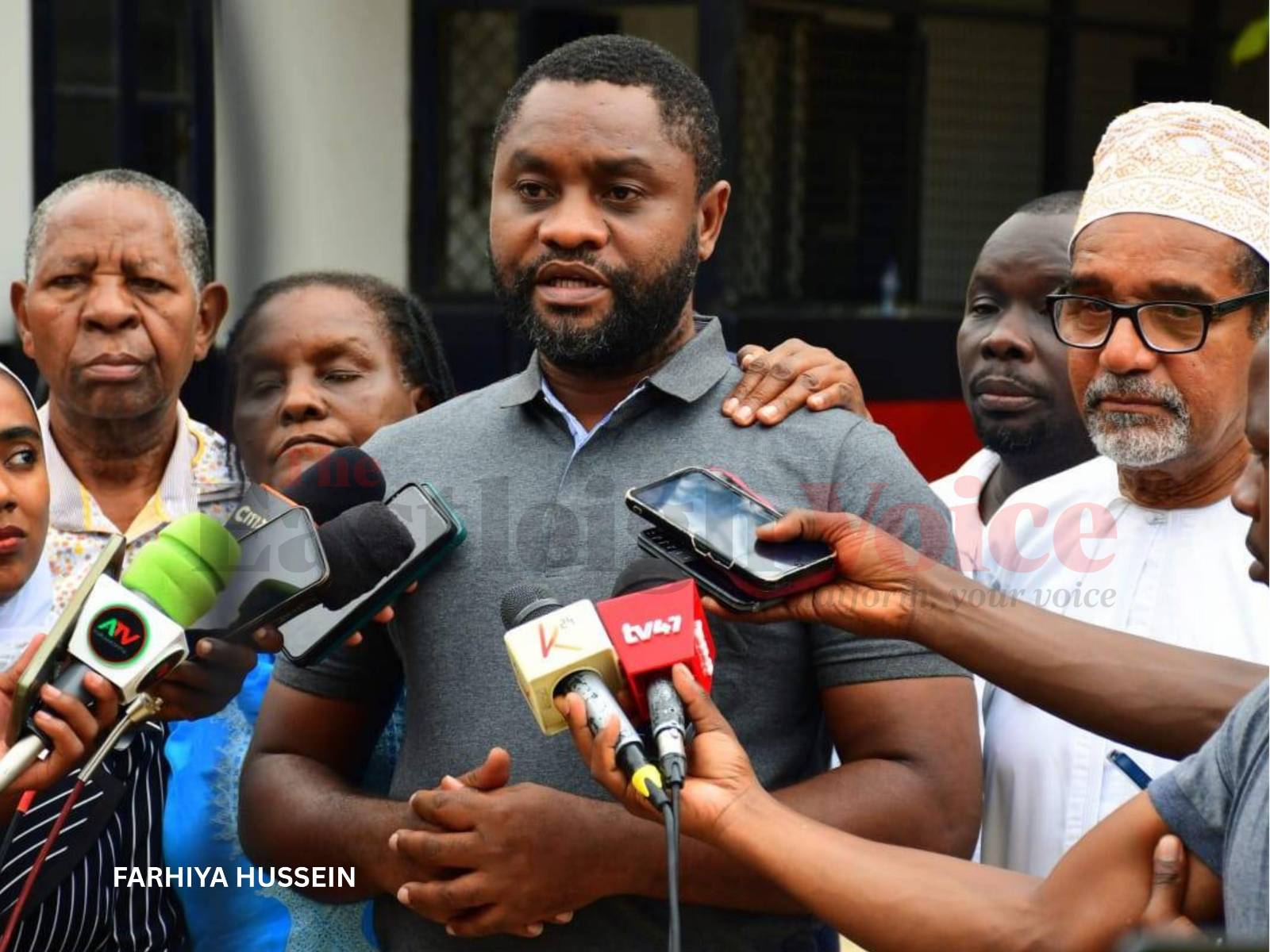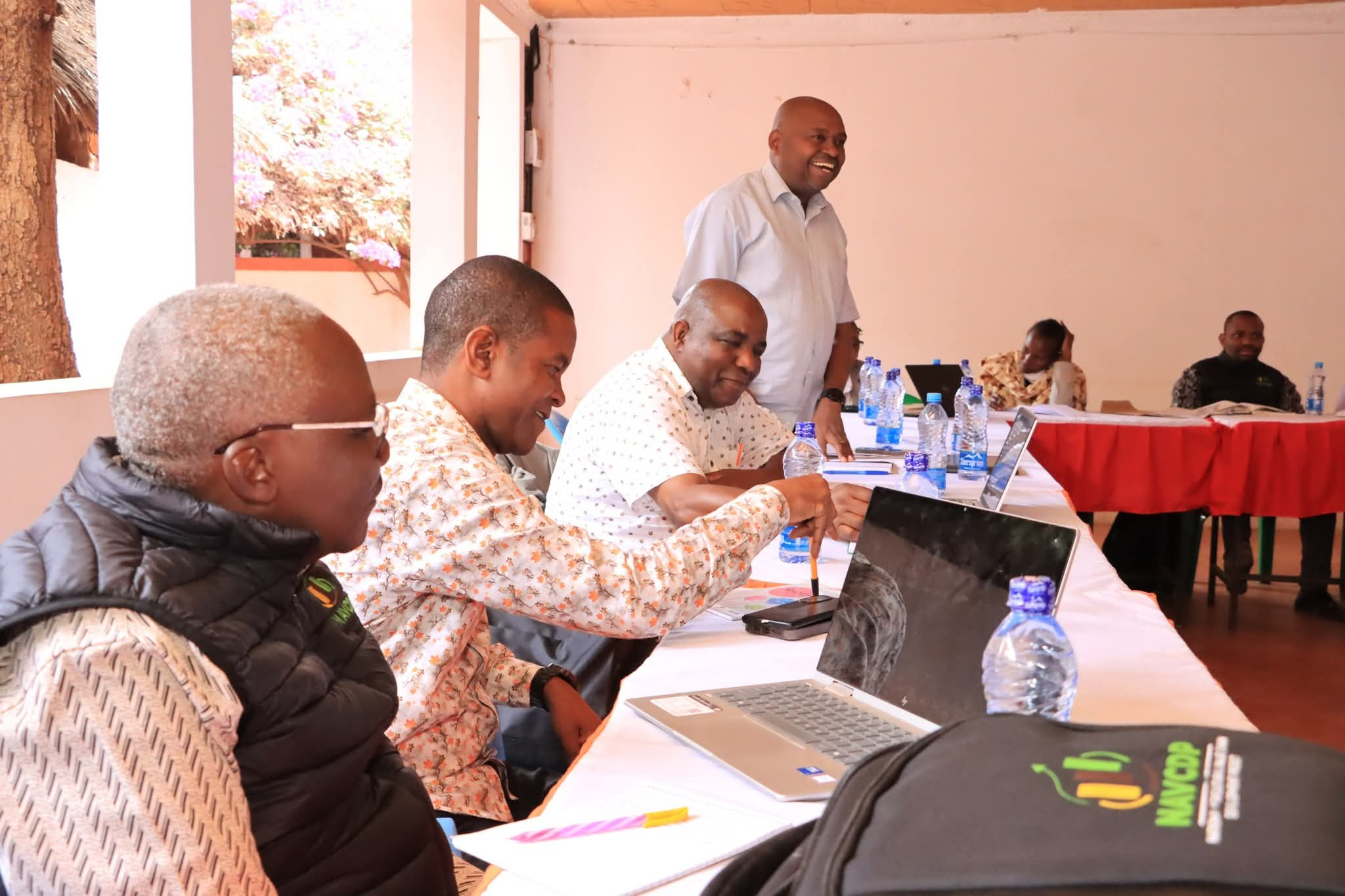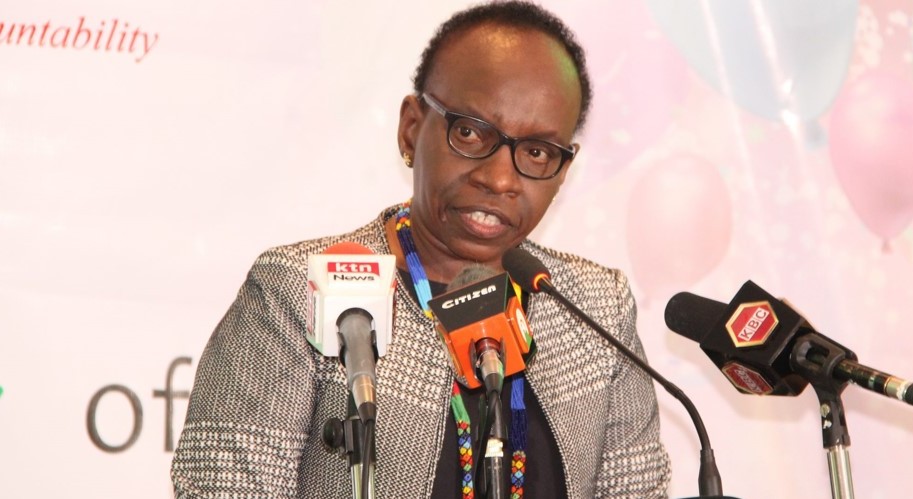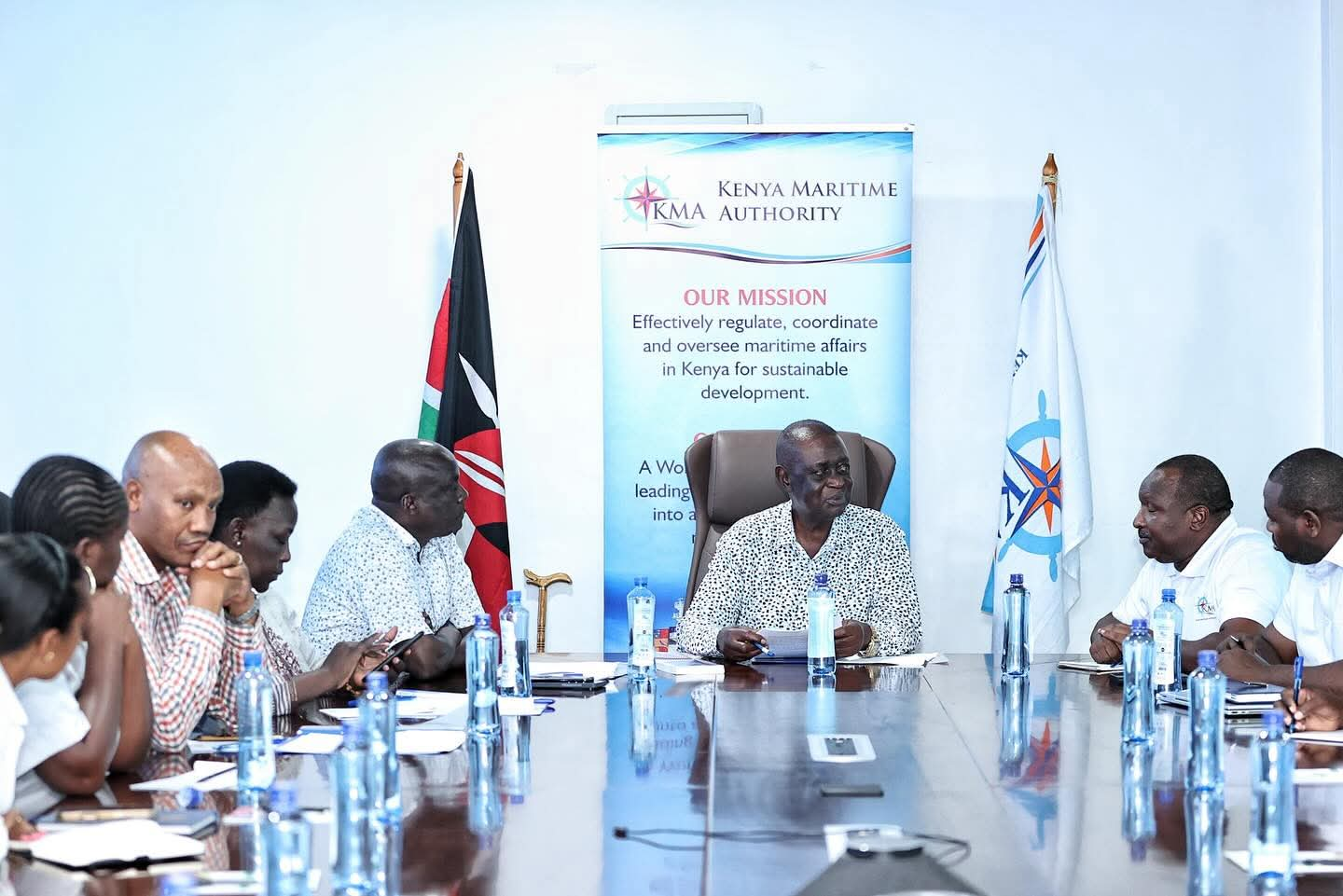‘Machozi ya mwisho’: A grieving father’s mission to end preventable baby deaths in Kenya
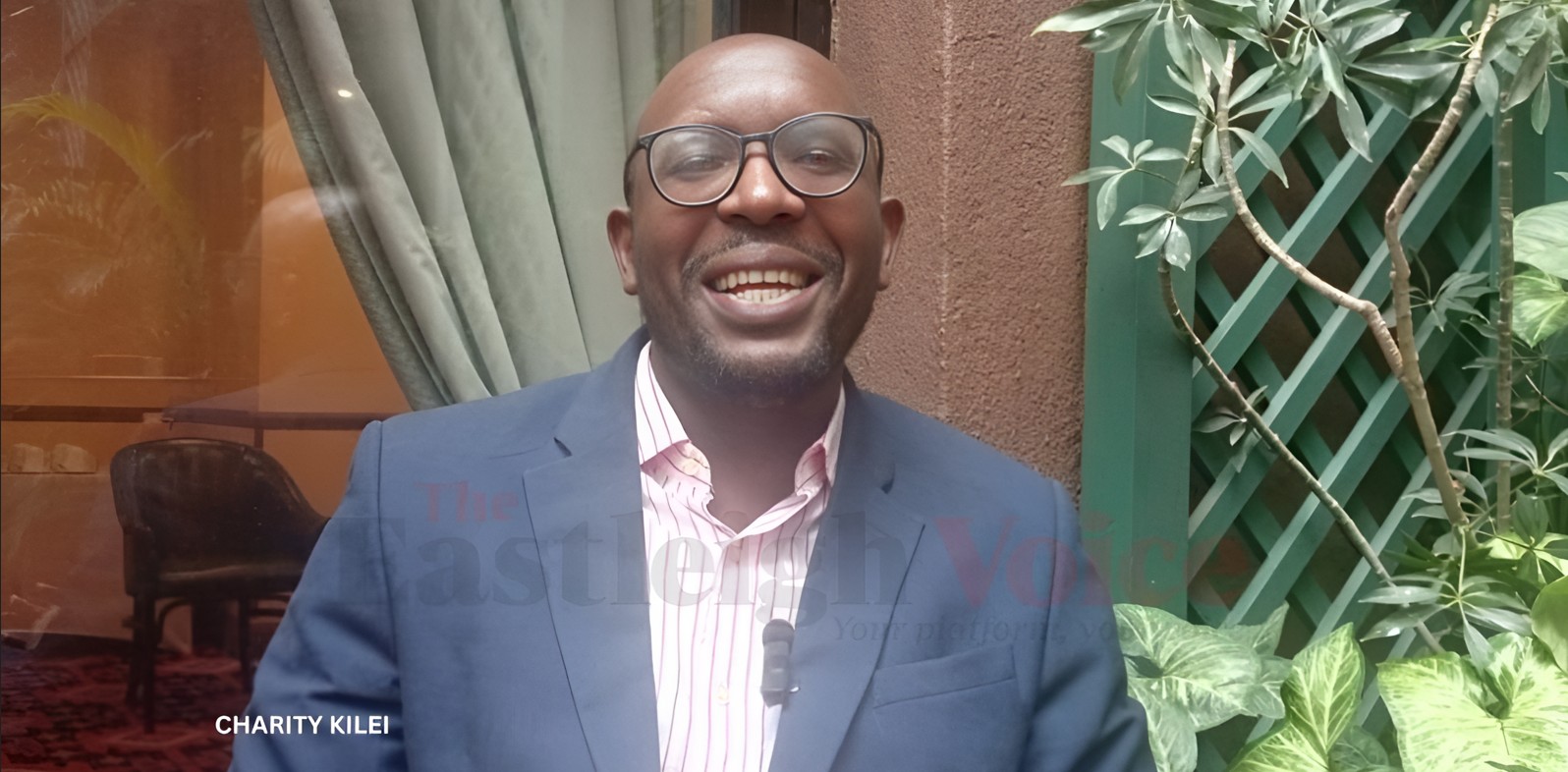
Initially grieving in silence, Omondi eventually turned to the internet to share his raw, honest story—and was met with an outpouring of unexpected messages.
Every year, when June 26th arrives, the Omondi household falls quiet. What should be a joyful celebration—a shared birthday for their twins—has become a day of stillness, reflection, and silent grief.
For Lawrence Omondi and his wife, it’s more than just the anniversary of their children’s birth. It’s also the day they lost their newborn son.
More To Read
- Screen time crisis: Experts warn disappearing traditional toys harming children's brains
- Maternal health: MoH approves use of two life-saving drugs in all health facilities
- Kenya records more male births than female for tenth straight year
- Gates, others launch Sh64.6 billion maternal, newborn health fund, bucking aid cuts trend
- Why your child is suddenly clingy and what it really means
- Dental problems and cavities during breastfeeding: How moms are affected
“We’ve never really celebrated our daughter’s birthday; it’s like a missing flame because we know there should have been two.”
Three years ago, the couple welcomed twins—a healthy baby girl and boy. They left the hospital glowing, hearts full.
But just days later, their joy turned into horror when their baby boy suddenly began bleeding from the nose—an alarming symptom they were completely unprepared for.
They rushed him to the hospital, desperate for help. But within hours, their son was gone.
Cause of death unclear
The cause of death remains unclear. One hospital claimed the newborn hadn’t received a vitamin K injection—a routine shot that prevents life-threatening bleeding in newborns. Another hospital insisted he had.
“That uncertainty—the not knowing—it still haunts us. Was something missed? Could it have been prevented?”
Vitamin K isn’t a vaccine. It’s a vital injection recommended by the World Health Organisation for all newborns. Babies are born with low levels of this nutrient, putting them at risk of vitamin K deficiency bleeding (VKDB)—a rare but often fatal condition.
“Like many parents, we had no idea what Vitamin K even was. We learned about it after our son was already gone.”
At their son’s burial in Lang’ata Cemetery, the couple’s grief was compounded by what they saw around them. They weren’t the only ones burying a child that day.
Grieving families
“I looked around and saw mothers sobbing over tiny coffins, fathers standing in disbelief, families broken; it wasn’t just us. That moment broke me, but it also lit a fire in me. I had to ask: Why are so many babies and mothers dying?“
Initially, Omondi grieved in silence. But eventually, the weight became too much to bear. He began sharing his story online—raw, honest, and unfiltered. What followed was unexpected: an outpouring of messages.
“People reached out to me in the hundreds, fathers. Sisters. Friends. All of them sharing their losses—babies who bled, women who never came home from the hospital, stories that mirrored ours. It was overwhelming.”
Pregnancy-related deaths
The statistics stunned him. In Kenya, more than 20 women die each day from pregnancy-related complications. Another 19 newborns die daily, often from preventable causes, delays in care, or poor medical attention.
“I realised I couldn’t just grieve. I had to act. I had to turn this pain into something that could save lives.”
And so, Machozi ya Mwisho—“Final Tears”—was born. A personal tragedy transformed into a national movement.
The initiative is dedicated to ending preventable maternal and neonatal deaths. It raises awareness about safe childbirth and provides psychosocial and legal support to grieving families.
A central part of the initiative is the Men in Maternity Movement, which urges men to take an active role in maternal health, from conception through birth and beyond.
Antenatal clinics
“In Kenya, less than 33 per cent of men attend antenatal clinics with their partners, so when something goes wrong, most of us are completely lost. We don’t know what happened, who the doctor was, or what decisions were made. We just know our wife or baby is gone.”
The movement is pushing for a cultural shift—one where men show up, ask questions, and stand beside their partners at every stage of the journey.
“Care begins with us. We must be present. We must know what’s happening in that delivery room. That’s how we save lives.”
Omondi also highlights a silent truth: the emotional toll that maternal and child loss takes on men. Society often expects fathers to stay strong and suppress their emotions. But unspoken grief can be devastating.
“After the burial, that’s when the real pain begins. I’ve seen men drown in alcohol, lose themselves. I’ve talked to fathers who haven't spoken to their wives in weeks—both paralysed by grief. We help them process, talk, and cry if they need to.”
Tailored for fathers
Machozi ya Mwisho provides counselling, peer support groups, and mental health services tailored for fathers—support that’s often overlooked.
As the initiative grows, its vision remains bold and unwavering: no mother should die giving life, and no baby should be lost to something preventable.
To achieve that, the founders believe, men must be involved fully and meaningfully.
Through “Men in Maternity,” they aim to break deep-seated cultural norms and build a future where fathers aren’t just present at the birth, but informed, involved, and emotionally connected throughout pregnancy and postpartum.
The issue of vitamin K deficiency is central to their advocacy.
Unlike adults, newborns are born with very low levels of vitamin K. This isn’t due to anything a mother did or didn’t do—it’s simply biology. The nutrient doesn’t pass easily through the placenta, and breast milk contains only trace amounts. That makes all newborns vulnerable to serious bleeding.
Dr Syeda Ra’ana Hussain, National Secretary of the Kenya Paediatric Association, explains: “It’s one of those natural things—all babies are born with a deficiency in Vitamin K. It’s not a fault. But if left uncorrected, it can become dangerous, even fatal.”
VKDB can cause internal or external bleeding, including from the nose, umbilical cord, intestines, or even the brain. Late-onset VKDB, typically occurring between 2 and 8 weeks of life, is particularly dangerous and often fatal if not caught in time.
“The bleeding can occur anywhere, even in places you can’t see—like the brain,” Dr Hussain notes. “And tragically, many infants show no signs until it’s too late.”
Vitamin K injection
To prevent this, WHO and global paediatric bodies—including Kenya’s—recommend that all newborns receive a single vitamin K injection shortly after birth. This one-time dose reduces the risk of VKDB by more than 80-fold, particularly for exclusively breastfed infants.
But awareness remains low. And worryingly, Dr. Hussain says, misinformation is rising. Some parents have begun rejecting the injection, wrongly believing it’s unnecessary or harmful.
“In our country, we don’t see VKDB often—but when we do, it’s devastating,” she says. “We need to have these conversations early, during antenatal care. Parents must understand that Vitamin K is not a vaccine—it’s a critical injection that prevents fatal bleeding.”
Education, she stresses, is the most powerful tool we have.
One too many
“Every preventable death is one too many. When a baby dies from something we could have stopped, we owe it to the family—and to the community—to explain what went wrong and make sure others don’t face the same heartbreak.”
Globally, an estimated 2.3 million newborns die within their first 28 days of life—about 6,000 every day. These early losses, known as neonatal deaths, now account for nearly 45 per cent of all under-five deaths worldwide.
In Kenya, the neonatal mortality rate is approximately 21 per 1,000 live births—nearly double the global target of 12. That means one in every 48 babies doesn’t survive their first month.
The burden is even heavier across sub-Saharan Africa, where over 1.1 million babies die each year, representing one-third of all neonatal deaths worldwide.
Top Stories Today
